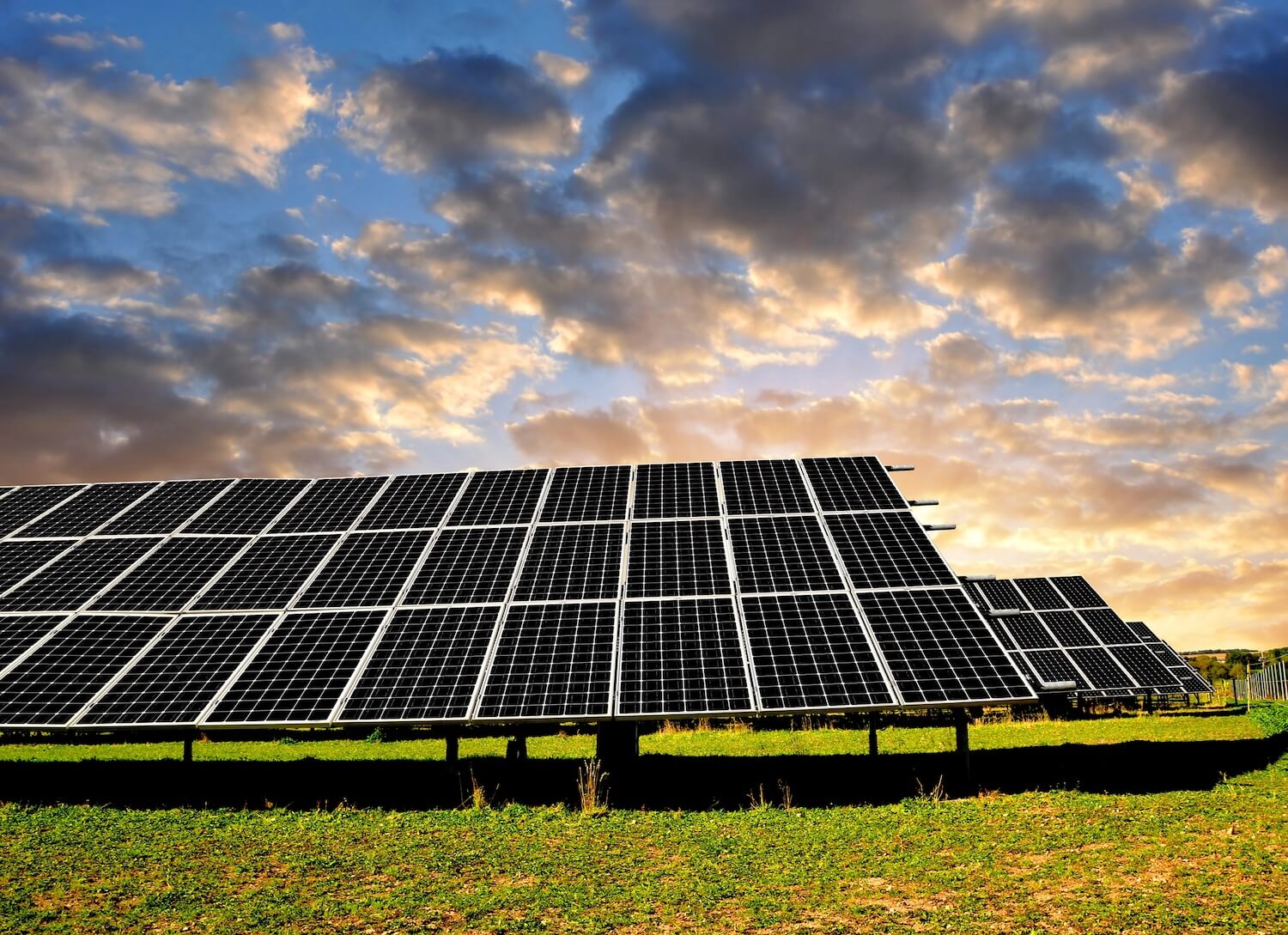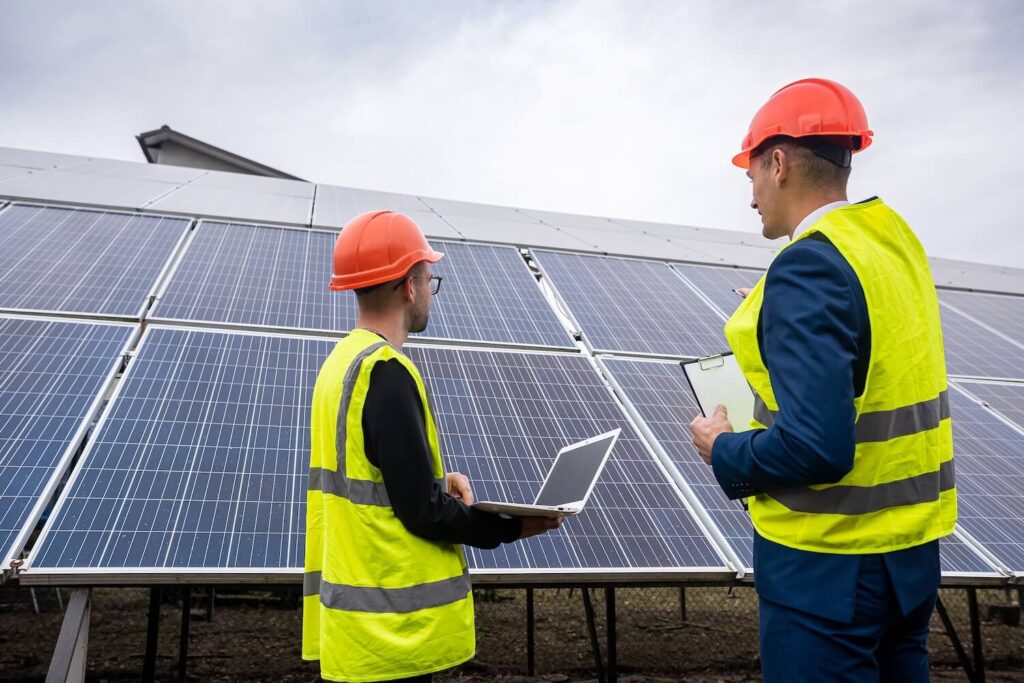POSTED
March 8, 2024
Why You Should Not Build Your Own Solar Farm For Your Energy
As the world moves towards using more sustainable energy, there’s a growing interest in investing in solar farms—big fields full of solar panels that generate electricity from the sun. Many forward-thinkers see this as a way to invest their money in something that matches their values.

As the world moves towards using more sustainable energy, there’s a growing interest in investing in solar farms—big fields full of solar panels that generate electricity from the sun. Many forward-thinkers see this as a way to invest their money in something that matches their values.
But starting your own solar farm isn’t easy. There are a lot of rules to follow and things to figure out, like which land to use and how to move the power you’re generating into houses where it can power things like lights and appliances.
Luckily, Shasta Power offers a better option for investing in renewable energy.
Benefits and Drawbacks of Building a Solar Farm
Many people are drawn to the idea of owning and profiting from a solar farm. Making money and helping create a cleaner, more sustainable future are appealing. Solar farms promise to make a significant positive impact on the environment. They also offer attractive financial rewards, which makes them appealing to many folks.
Potential Benefits
Investing in solar energy comes with lots of advantages. Firstly, there’s the clear benefit to the environment. Solar farms help reduce the amount of harmful carbon emissions and fight against climate change. They can also make you a good amount of money as the demand for renewable energy increases.
Initial Investment
Setting up a solar farm requires a huge initial investment. You have to buy land, get equipment, and deal with permits; this can cost millions of dollars upfront. The high cost can discourage even the most excited investors from going ahead with their plans to plan, let alone build, a solar farm.
Challenges and Complexities

The complicated process of starting, managing, and keeping a solar farm running takes effort and expertise. Navigating the regulations, permits, and necessary approvals can feel like a bureaucratic maze. Since changes in the market and other uncertainties affect solar farms, they risk being less profitable in the long run than you’d hope.
Top Solar Farm Venture Challenges
Time Constraints
Time is a problem for busy professionals. Balancing hectic schedules with the complex tasks of managing a personal solar farm project can be hard. It takes a lot of time to handle every part of the project, from initial planning to smooth operations. The workload can become too much to handle alongside juggling other important commitments. Maintaining solo solar farm projects with other responsibilities becomes unsustainable.
Risk
Getting into the world of solar farm planning and development comes with its fair share of worries. Prices and policies change often, making the solar farm planning process unpredictable. This instability means there’s a risk of losing money if you don’t possess the skill and experience to navigate the terrain. People investing in solar farms worry about whether they’ll make a profit in the long run. These uncertainties make it hard to see if going solo with a solar farm project is a good idea.
Information Overload
With so many options in renewable energy, it can feel overwhelming to figure out the best one to pursue. Even experienced investors can feel lost when they have to consider different projects, risks, and rules. Having a simpler way to decide where to invest becomes critical to cut through all the confusion.
A Smarter Alternative: Shasta Power’s Summit Power Fund
Given these challenges, it’s clear that there’s a need for a better, easier way to invest. Shasta Power offers just that. It gives investors a straightforward way to join the renewable energy movement without having to manage individual solar farm projects. Shasta Power lets investors take advantage of solar energy without dealing with all the complexity.
The Purpose of Shasta Power
The Summit Power Fund’s design gives investors a way to profit from our combined decades of experience in planning renewable energy site development. The fund plans to setup up to 600 Megawatts of solar energy and 1,200 MWh of battery energy storage across five sites. This approach ensures a varied portfolio with a strong base for long-term growth.
Emphasizing the Advantages of Professional Management
Professional management is one of the main benefits of investing in Shasta Power’s Summit Power Fund. The fund uses expert advice to reduce risks and increase returns. This investment method is good for busy professionals looking for a hands-off way to diversify their portfolios.

Do You Really Want to Develop a Solar Farm?
Starting a personal solar farm project involves dealing with many difficulties and risks. There’s a big cost at the beginning, rules and regulations to follow, and ongoing issues to manage. It can be a lot to handle for anyone determined to make it work.
Shasta Power’s Summit Power Fund tackles these challenges head-on. It gives investors stability and a steady income without any personal time investment. The fund is managed by professionals who know how to maximize opportunities in renewable energy, especially solar power. It’s a smart choice for people looking to invest in this area.
Call to Action
As you think about starting your own solar farm, consider Shasta Power’s Summit Power Fund. Your money will be safe, and you’ll make extra income with minimal effort. It’s perfect for smart investors.
If you want to move towards a future where we take better care of the Earth and make more money, we invite you to explore the Summit Power Fund offered by Shasta Power. Your journey toward making money and helping the planet starts here.
If you need more information before deciding, register for our free on-demand webinar, 3 Smart Reasons Why You Should Invest Directly In Solar. You will gain valuable knowledge and insights from industry experts and learn the compelling reasons to embrace solar investment opportunities.





